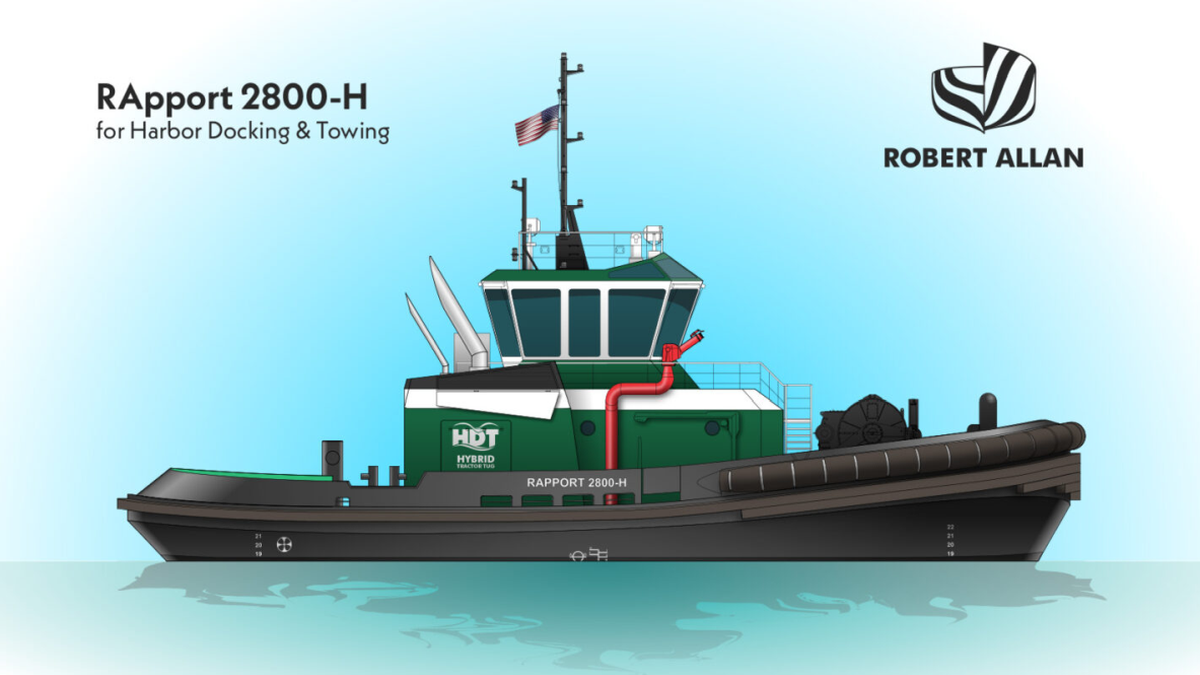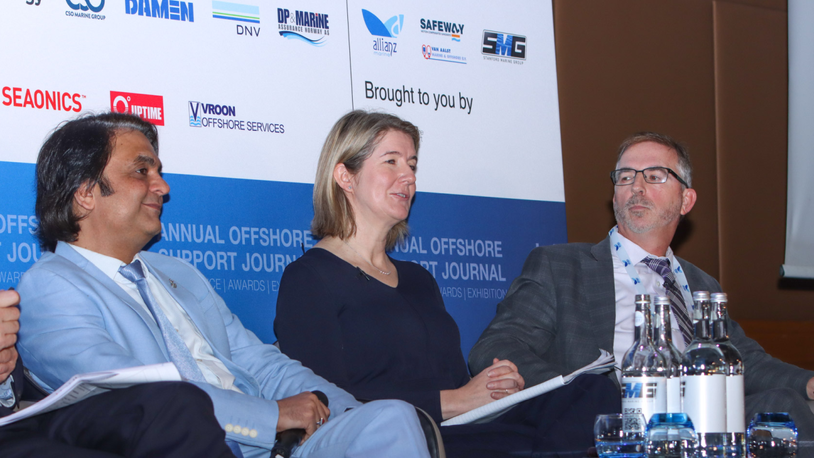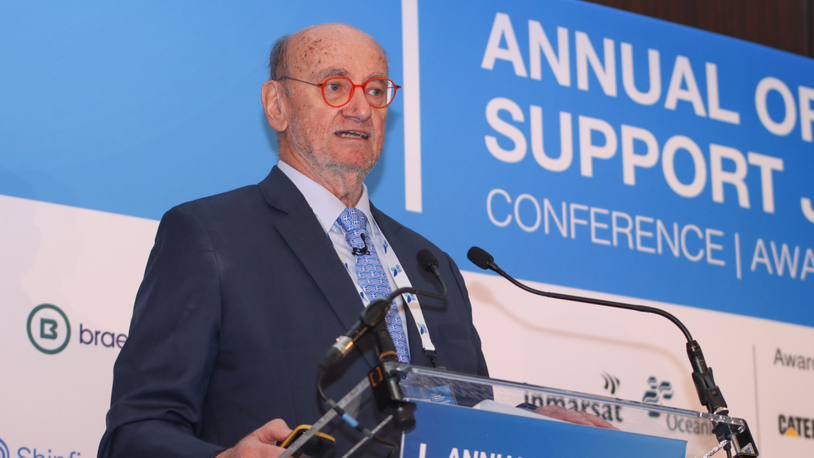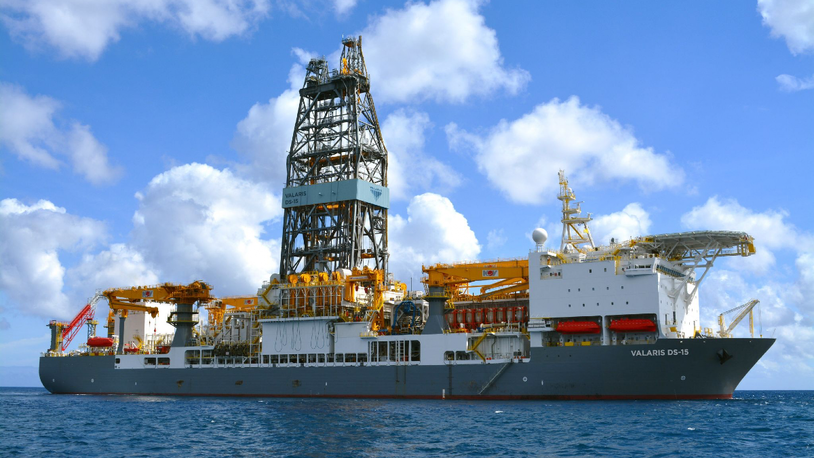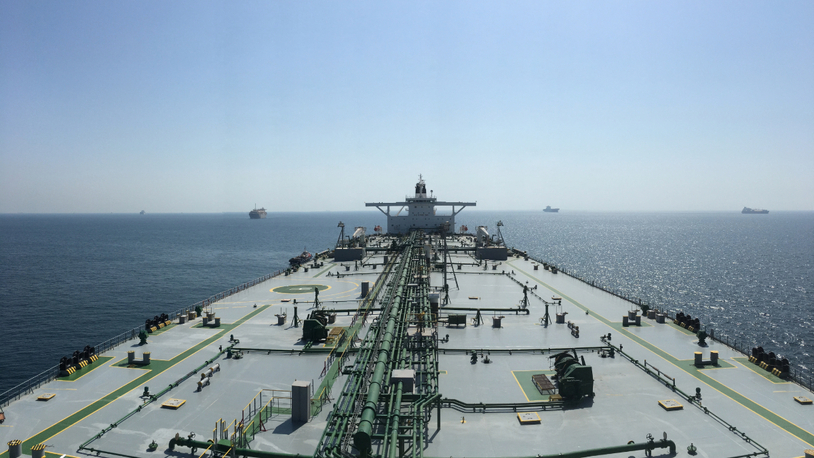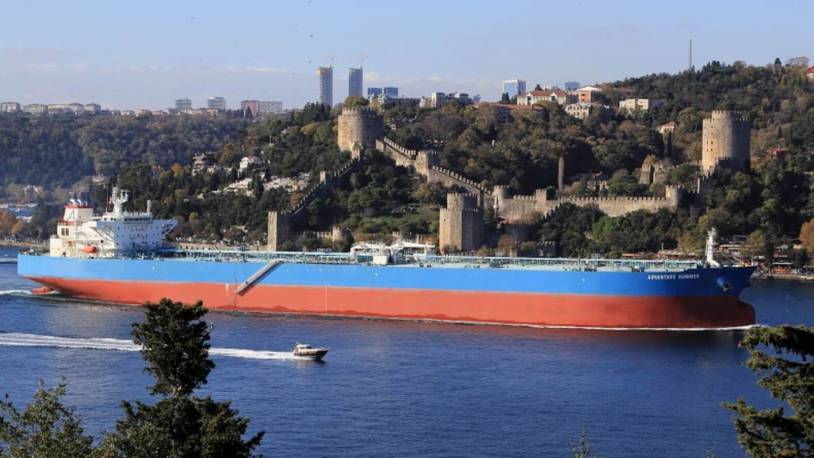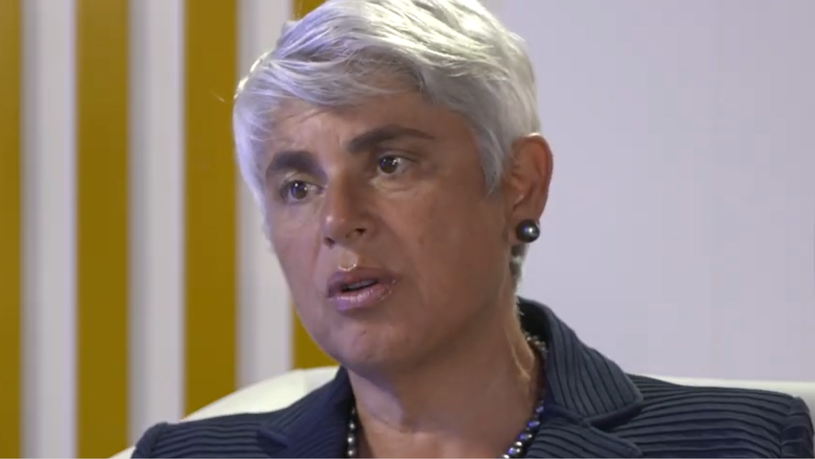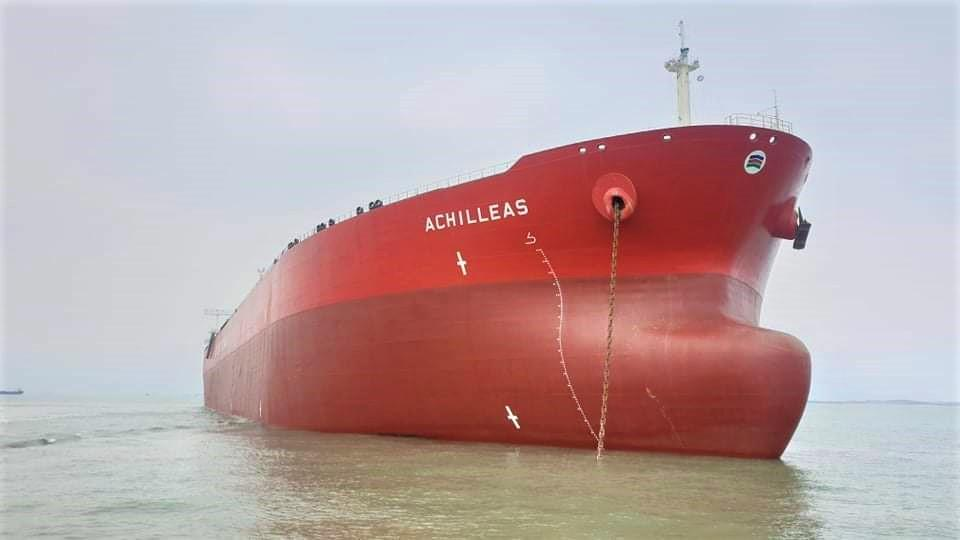Business Sectors
Events
Floating energy: successfully unlocking stranded gas using FLNGs and FSRUs
Contents
Why did Oaktree Capital Management buy a stake in tanker shipmanager OSM?
The acquisition of a 49% stake in tanker shipmanager OSM by Oaktree Capital Management left many scratching their heads, but an examination of the private equity group’s investment philosophy points to one reason for the purchase: dislocation, dislocation, dislocation
Oaktree Capital Management is a giant among the alternative investment management funds, or private equity as it is often known. To date, Oaktree has US$100Bn of fee-generating assets under management and manages the investments of 75 of the largest 100 pension funds in North America.
Oaktree is not commenting on the reasons for purchasing a stake in tanker shipmanagement company OSM, but it has invested in shipping companies in the past. I think the first time Oaktree appeared in shipping was in 1999 when it backed the lion-maned Peter Georgiopoulos’ attempt to take over Benor Tankers. Oaktree is also believed to currently hold equity in Greek shipping company Pappas and tanker operator Navig8. But these investments are so small that shipping as an asset class is not even mentioned in the Oaktree financials.
Indeed, shipping investments fall into the somewhat salubrious-sounding special situations strategies section of Oaktree portfolios. The Oaktree special situations team is only interested in entering into an investment below its intrinsic value. The team looks for three distinct situations.
The first is ‘distress for control’, which is buying the company’s debt and taking over. The second is structured equity, providing funds in exchange for equity at a later date via warrant options and other instruments. The third approach is direct equity investing; buying a substantial stake in the target to support a management team that has an opportunity in what Oaktree refers to as a ‘dislocated industry’.
Dislocated industry
The shipping industry is facing dislocation from many directions from disrupters like VesselsValue providing online valuations dislocating the traditional service of the S&P broker, to digitalisation of ship management and technical functions.
I believe industrial dislocation is the driving force behind Oaktree taking a 49% stake in OSM. So what will Oaktree do with OSM?
With Oaktree, it is all about strategy and that means understanding the somewhat surprising philosophy laid down by the head of Oaktree, Howard Marks, who has closely managed the alternative investment company for nearly 40 years.
Oaktree philosophy
Oaktree continually assesses the risk of investment loss, rather than expectations of gains. “If we avoid the losers, the winners will take care of themselves.”
The return on investment must be consistent. In Oaktree’s eyes, anyone can produce a good return in a boom market, it is making a better than average return on a poor market that justifies Oaktree’s existence.
Oaktree avoids investing in efficient markets. There is no undiscovered price or arbitrage in efficient markets, which is why Oaktree invests in the margins.
Which means Oaktree has to specialise in only a few markets and industries, and research them thoroughly. Once an investment sector is identified, Oaktree prides itself on following a carefully researched strategy, no matter the behaviour of the relevant market.
Which leads to the two more surprising aspects of Howard Marks’ philosophy, which is to believe in your own research and ignore the experts and models that predict market timing. Mr Marks has no time for opinions or complex macroeconomic models forecasting rates and prices. In his opinion, it is not possible to predict markets, so learn all you can about what can be known, and stick with it.
Taking all this into account, I think we can say that Oaktree will have looked very closely at the other shipmanagers before choosing OSM, and that its stake would have been acquired at a very keen price, below the value of peers. As stated, the investment is in a dislocated industry, and in an inefficient market that Oaktree has been researching and investing for nearly 20 years, while ignoring talk of shipping seven-year cycles and so on.
Indeed, Oaktree’s branching out (pun intended) into shipmanagement suggests strategic opportunities in other shipping sectors: shipbuilding (distressed), shipbroking (dislocated), spares purchasing (online disruption) and bunkering (distressed, dislocated and disrupted).
Related to this Story
Events
Maritime Regulations Webinar Week
Floating energy: successfully unlocking stranded gas using FLNGs and FSRUs
© 2024 Riviera Maritime Media Ltd.




